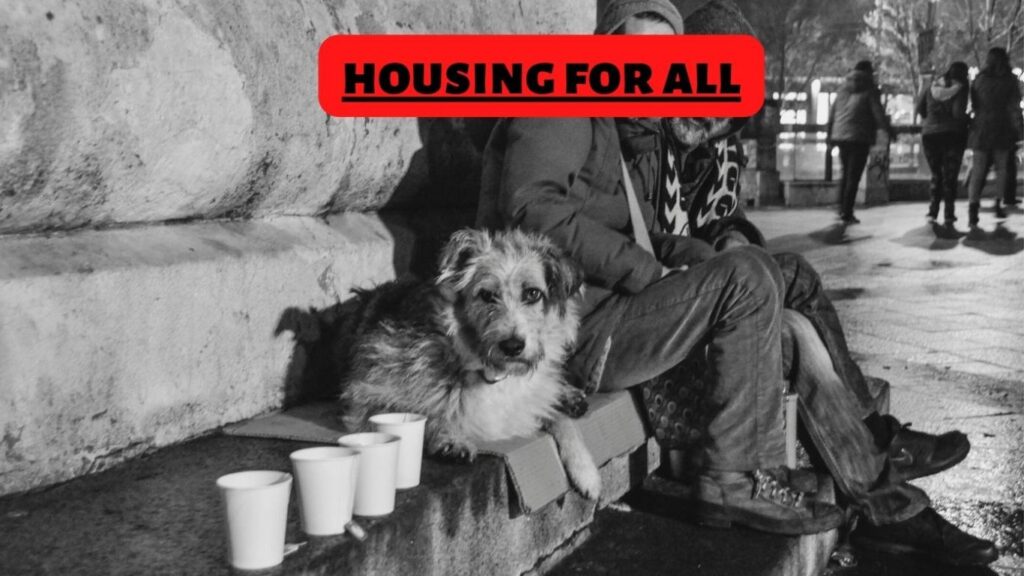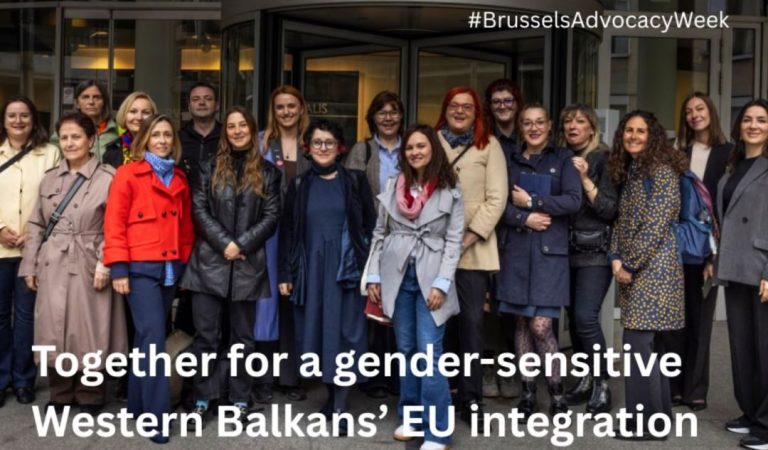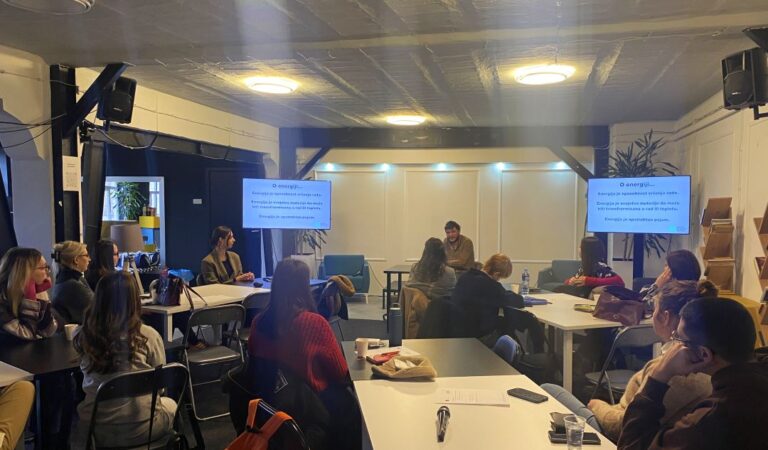World Homeless Day and World Mental Health Day are marked every year on the 10th of October.
Due to the dominance of neo-liberal capitalism, increasing social stratification, forced evictions, the capital crisis and the pandemic, homelessness is becoming a growing social problem. Particularly in transition countries, we are witnessing less and less investments in social protection institutions, as well as other institutions dealing with the well-being and improvement of the lives of their beneficiaries, especially the most vulnerable ones.
In our country, the problem of homelessness is linked to exclusively market-oriented housing without state support. This discriminatory practice is reflected in the fact that homelessness mainly affects the most vulnerable members of our society: the poor, long-term unemployed, women, children, elderly, Roma, ex-convicts, and members of the LGBTQ+ community. The decades-long absence of a sustainable housing strategy has led to the situation that today, homelessness can happen to anyone, because housing depends primarily on the financial situation of an individual. The uncertain perspective of the right to housing in Serbia is reflected in the fact that among European countries, Serbia is one of the countries with the greatest social inequality, and while even half of the population in Serbia lives in overcrowded households, Serbia is at the same time among the most inaccessible European countries in terms of purchasing an apartment. In addition, while a new wave of inflation is expected and more and more people are falling into the risk of poverty, despite the crisis, real estate and rental prices in the largest cities are registering record growth. At the same time, tens of thousands of people do not have a stable and secure income, while hundreds of thousands of people receive the minimum wage or an amount slightly higher than the minimum, which is insufficient to cover the minimum monthly living expenses. In a state of extreme material deprivation, people find themselves in the brutal situation of having to “choose” between food and housing. This is a grim reality that requires an urgent, comprehensive and just systemic response.
If we focus this broader perspective on those living in absolute homelessness, the situation is devastating. Namely, the number of people in a situation of homelessness on the streets of Belgrade and Novi Sad is increasing, while the exact number is still unknown due to an inadequate registration method that relies exclusively on data from social welfare institutions that are not accessible to homeless people. Furthermore, homeless people in Belgrade most often have no or very limited access to accommodation in social welfare institutions; they face difficulties in obtaining personal documents, exercising social and health protection and other human rights. We are witnessing daily systemic discrimination and violation of human rights of persons in a situation of homelessness by the institutions of the system. Belgrade and Novi Sad still have only one shelter each for the temporary accommodation of people who find themselves in a situation of homelessness, their capacities are limited, and the conditions for reception are defined in such a way that they most often prevent access to the shelter for the most vulnerable ones, especially people with serious health problems, and people with disabilities, people with developmental and mental health problems.
Moreover, today we mark World Mental Health Day, and we would like to draw the attention of the public to the fact that a large number of people in a situation of homelessness face various mental health problems, as well as the absence of adequate support. Mental health problems are often a cause and/or consequence of homelessness.
Until broader systemic responses to the above issues are found, we believe it is necessary for local self-governments to provide emergency housing for people in need and to establish an adequate system of social support. It is essential to increase the capacities of the Shelter urgently, increase the number of temporary accommodation facilities and facilitate the access for the most vulnerable. It is crucial to open public bathrooms and expand the capacities of soup kitchens. During the winter months, it is crucial to open as many public spaces as possible for the reception of people in a situation of homelessness.
In order to engage relevant institutions, we remind you that prevention is always more expedient and cost-effective than dealing with consequences, and that is why we appeal for a broader social dialogue in order to find a systematic solution to homelessness.
No one without food, shelter or support!



